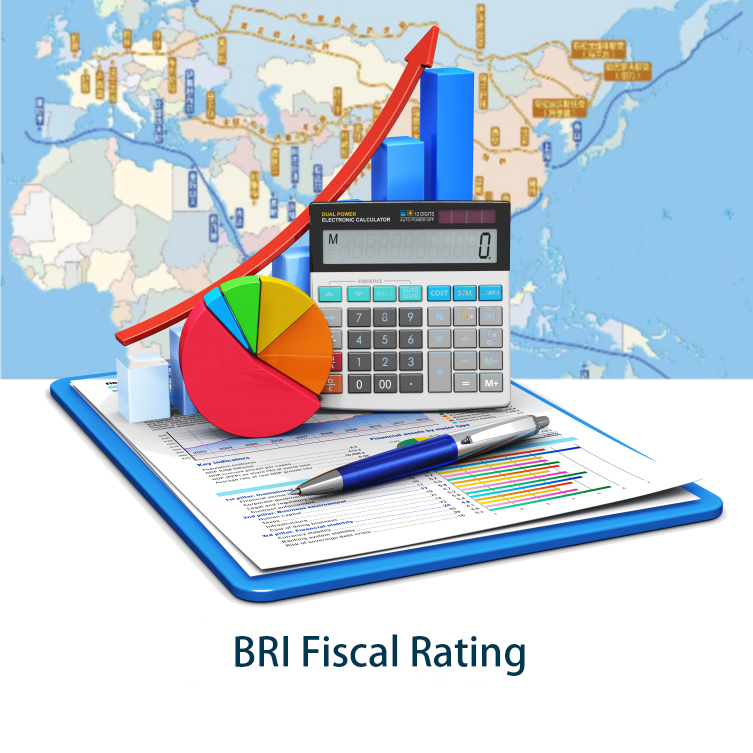Kenya Reintroduces Tax Reforms to Address Fiscal Challenges
In response to mounting fiscal pressures, the Kenyan government has announced plans to reintroduce a series of tax reform policies, including measures that were previously paused due to widespread protests. With these efforts, the government aims to boost revenue and address its debt burden, which has reached approximately $80 billion.
Background: Reasons for Resuming Tax Reforms
Earlier this year in June, the Kenyan government suspended proposed tax increases after they were met with large-scale protests, as citizens expressed concern over the potential increase in living costs. However, facing an increasing budget deficit, the government now sees the need to move forward with these tax changes. To this end, three new tax and finance bills have been drafted, which are expected to be presented to parliament soon. In addition, the government recently released a detailed briefing on the new policies to the media.
The tax reform proposals include a hike in value-added tax (VAT) and new taxes targeting the digital economy. This would mean that freelancers working in sectors like food delivery and ride-hailing—vital income sources for many Kenyans—will be required to pay income tax for the first time. As these income streams have grown increasingly important, this new tax obligation could pose a financial burden, especially considering that roughly a third of the population lives below the poverty line. President William Ruto is expected to deliver a public address on the tax reforms in the coming days to further clarify the government's fiscal policy.
Potential Economic Impact of the Tax Reforms
The reintroduction of these tax policies is likely to have far-reaching effects on Kenya's economy. An increase in VAT, for instance, could directly impact consumer prices, potentially raising the cost of living for low-income households. Additionally, taxing digital economy workers will introduce tax obligations for many independent contractors for the first time, which may affect their livelihoods.
Nonetheless, the government sees tax reform as a critical step toward fiscal sustainability. Amidst a global economic slowdown, Kenya’s debt burden is becoming increasingly challenging. By increasing tax revenues, the government can provide more stable funding for essential sectors such as infrastructure, healthcare, and education. Additionally, the reforms aim to bring greater regulation and fairness to the domestic market, with digital economy taxation helping create a level playing field within this fast-growing sector.
Future Outlook: Balancing Fiscal Stability with Public Well-being
While the tax reforms are essential for strengthening Kenya’s fiscal position, the government faces the challenge of balancing these measures with social stability. Given the relatively high poverty levels in Kenya, it is crucial to implement tax policies with consideration for the public’s capacity to bear the additional financial burden. To achieve this balance, the government may need to introduce relief measures to protect the most vulnerable groups, ensuring that the revenue increase does not disproportionately impact low-income households.
Moving forward, the government's main priority will be to ensure fair and transparent implementation of the tax reforms. Equally important will be demonstrating that the resulting tax revenues are effectively used to improve the quality of public services.























































First, please LoginComment After ~